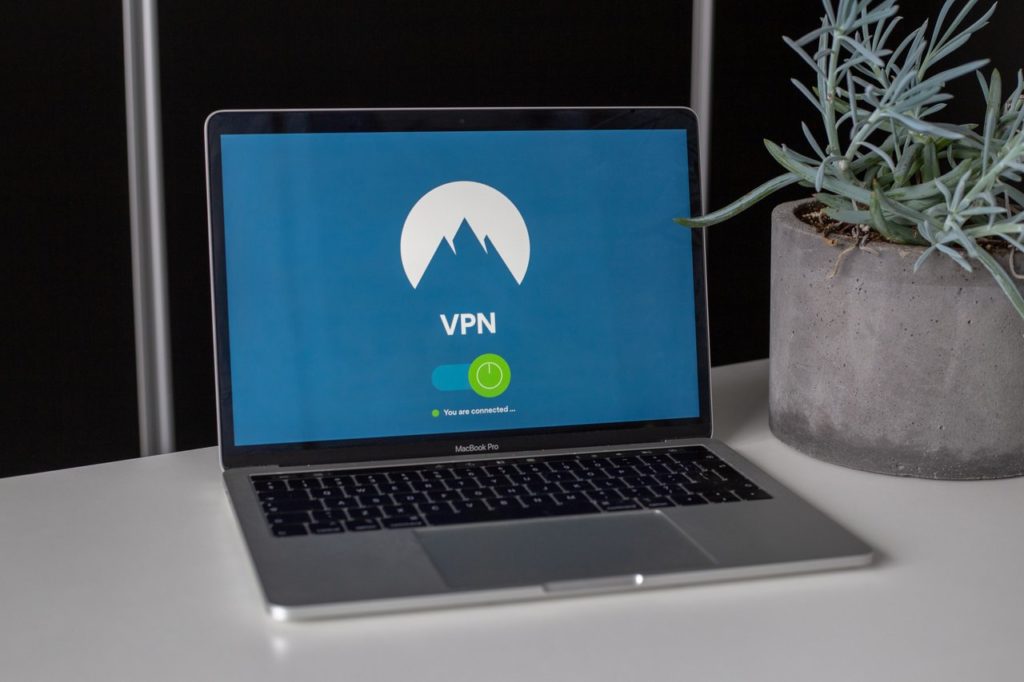Are you concerned about your online privacy? Nowadays, it’s virtually impossible for web users to impede internet services providers (ISPs), governments, and cybercriminals from tracking their online activity and habits.
Perhaps the only way to improve your anonymity is by using a Virtual Private Network (VPN), which employs specific codes and algorithms to encrypt the data you search for by keeping your ISP in the dark. In order to maximize online protection, you’re advised to connect to an obfuscated server whose role is to hide the usage of privacy software systems. Consequently, you’ll be able to avoid government censorship, prevent ISP snooping, and access streaming websites with no limitations.
The following guide explains the main features and uses of obfuscated servers, as well as the benefits of connecting to one.
What is a VPN?
Virtual Private Networks are designed for preventing privacy invasion in the online world by protecting users’ internet activity. This piece of software enables individuals to visit websites, download files, and back up information without worrying about being hacked or tracked in every online move. In order to understand the function of a virtual private network, one has to analyze the standard process of an internet connection.
A successful internet connection requires a person to go online by connecting its gadget to a router thought Wi-Fi. The process isn’t competed here, as the router has to be connected to a modem, which provides the connection through a corresponding service provider. In the course of the process, your gadget sends data packets, which contain information in the form of website requirements, log in details, and other sensitive information.
Moreover, your ISP is capable of learning plenty of information about you via the data packages. These packages reveal your exact location, your choice of websites, as well as the amount of time you spend searching each of them. Consequently, ISPs use these details to cause restrictions in access to specific content and track the online habits of users.
Nevertheless, a VPN is the safest method for a person to connect to the web, owing to the encryption of the data packets sent by one’s device. This encrypted data travels to a VPN server where it gets decrypted in order to continue its path to the desired website. The same procedure is repeated when the data you required is sent back to you. Consequently, your ISP will have no insight into the sites you use or know your real IP address. Read more about the types, security mechanisms, and routing of virtual private networks.
What are obfuscated servers?
Obfuscation refers to a particular type of technology that goes in favor of privacy protection software. It disguises the use of such tools by making ISPs think users don’t use VPNs but standard HTTPS traffic. Consequently, obfuscated VNP servers are the ones that enable the process of obfuscation, thus being completely different from the regular servers.
Unlike regular servers, the obfuscated ones provide additional protection by using special codes and algorithms. You won’t be suspicious in the eyes of your ISP, as it won’t be able to detect your use of privacy software.
Reasons to use VPN obfuscation
Obfuscation has proven to be incredibly useful in counties where people try to bypass government censorship. Believe it or not, the governments of certain countries, such as China, Turkey, North Korea, and Iran, restrict internet access to particular websites, especially to the ones related to social media.
Anyhow, when using an obfuscated VNP server, people from the above-mentioned countries can access any site they want, not just the ones approved by the government. In the meantime, the authorities won’t catch you visiting the blocked websites due to the ability of the obfuscated server to mask your use of a VPN. Make sure you follow the tips on this link, https://www.wikihow.com/Protect-Your-Online-Identity-Using-a-Reliable-VPN-Service, to protect your online identity when using a virtual private network.
Furthermore, obfuscated servers come in handy for people whose workplaces or schools prevent them from visiting certain sites. No filters used by the network administrators could impede one from accessing the web without any restrictions.
Another major reason why obfuscated servers are popular among web users is their ability to stop ISP throttling and snooping. ISPs are infamous for tracking the online activity of users for the purpose of having greater control of their behavior. Also, they substantially decrease internet speed when using particular sites like the ones for watching or downloading movies. Anyhow, by connecting to an obfuscated server, you’ll be able to explore the web without anyone reducing the speed.
Individuals also use these servers to stream geo-blocked content, which is crucial when accessing a streaming webpage outside your country. As a result, you’ll be able to access the libraries of various streaming sites regardless of their copyright agreements.
Ultimately, obfuscated servers are mainly used to ensure better privacy and anonymity. Owing to the encrypted nature of data, ISPs cannot control your online browsing habits. Additionally, obfuscation impedes governments, cybercriminals, and service providers from learning about your usage of a privacy protection tool for improved anonymity. You’ll no longer have to worry whether your privacy will be invaded by the government or a hacker.
Final word
Don’t let anyone track your internet activity.
Connecting to an obfuscated server will mask your IP address and make you obedient in the eyes of authorities!

You can also stay updated by subscribing to iTechCode.